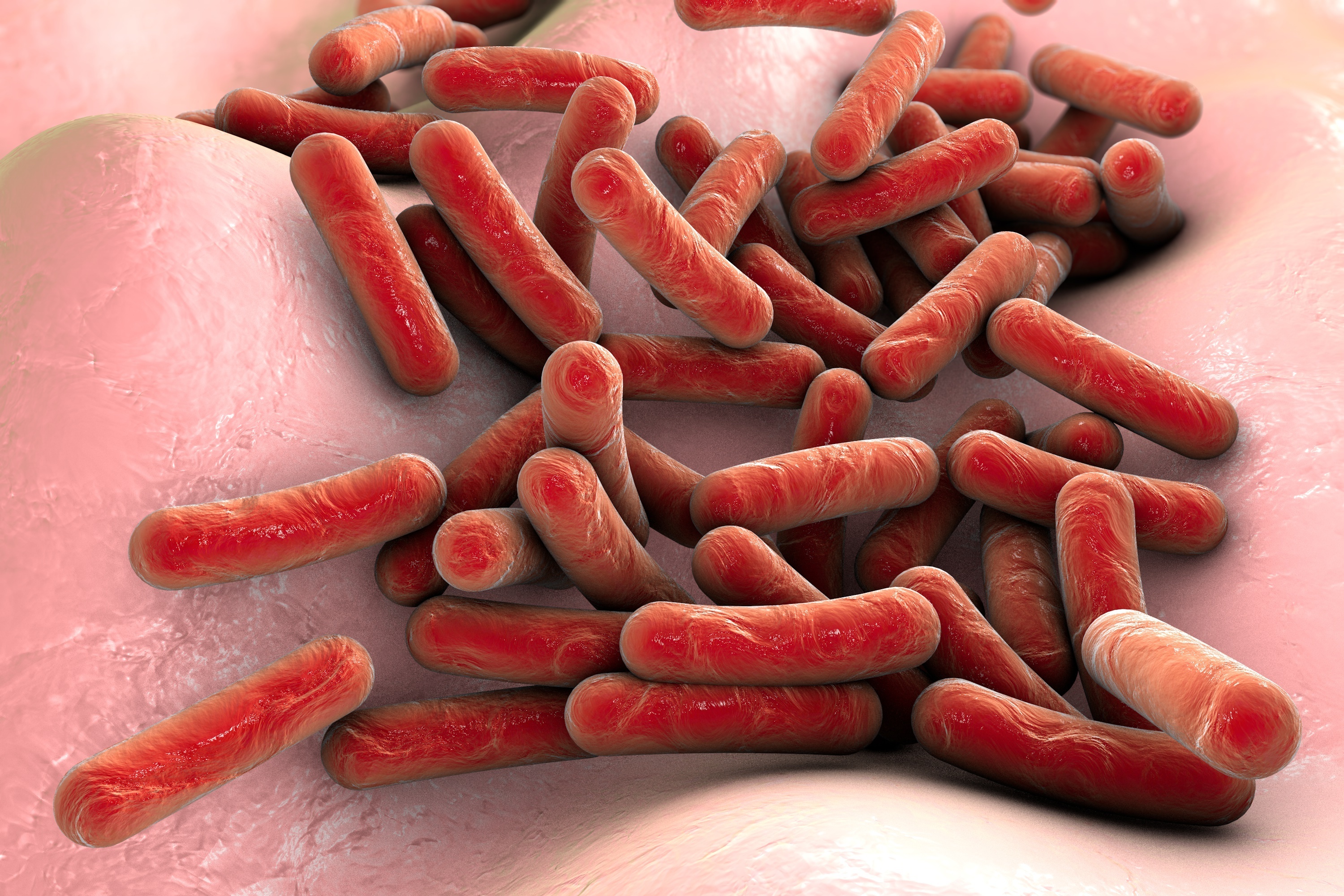Protein in Common CF Pathogen Helps It Resist Antibiotics, Study Finds
Written by |

Researchers at the University of Geneva discovered that a protein of Pseudomonas aeruginosa, called Host factor q (Hfq), reacts with metals and helps the bacteria gain resistance to multiple classes of antibiotics.
P. aeruginosa is an opportunistic bacterial pathogen that causes serious and diverse infections by producing a broad range of virulence factors, and most notably affects patients with cystic fibrosis (CF), and those with traumatic burns or otherwise needing intubation. Antimicrobial resistance represents a major challenge in treating patients with such infections.
The results, published in the journal Genes in the study “OprD Repression upon Metal Treatment Requires the RNA Chaperone Hfq in Pseudomonas aeruginosa,” indicate that inhibiting the action of the Hfq protein could block P. aeruginosa‘s ability to resist antimicrobial compounds, opening new opportunities for drug design.
In a previous study, researchers observed that P. aeruginosa becomes more virulent and resistant to carbapenem antibiotics in the presence of metal pollutants, such as zinc or copper.
“We had discovered that high concentrations of metals, such as zinc, could induce a resistance to carbapenems, which are antibiotics of last resort, as well as an increase in the production of virulence factors,” Karl Perron, a researcher in the university’s Department of Botany and Plant Biology, said in a news release. Zinc can be present in unusually high amounts in the lung secretions of cystic fibrosis patients and in some urinary catheters, contributing to the bacteria’s strength and to treatment failure.
Resistance to carbapenem, an important class of anti‐Pseudomonas compounds, is mostly caused by the decrease in the production of a specific protein, called OprD porin. Normally, the OprD porin forms a membrane channel through which carbepenem molecules can pass and “do their job.” When P. aeruginosa is present in an environment containing an excess of zinc, it becomes resistant to carbapenems.
“We had observed that zinc and other metals induce a suppression of the production of this porin, but we did not know exactly how,” Verena Ducret, study’s first author and a biologist with the Geneva group, said.
The researchers found that the Hfq protein is a key player in the inhibition of the OprD porin.
“This chaperone, a molecular assistant that allows the bacterium to adjust the synthesis of various proteins according to its needs, inhibits the synthesis of certain porins by intervening at several levels of the production chain,” Ducret said.
In their experiments, researchers examined a bacterium lacking the Hfq protein, and found that the mutant was unable to respond to zinc and other metals. In the presence of these metals, the mutant could not express its virulence or become resistant to carbapenems.
As the different pathways that lead to inhibited production of the OprD porin use the Hfq protein, the researchers suggested that Hfq could be a potential therapeutic target.
“We are looking for different inhibitors of Hfq that act on Pseudomonas aeruginosa strains. These drugs should counter all of the pathogen’s direct and indirect effects without affecting the host cells, because they do not have proteins such as Hfq,” Perron concluded.






